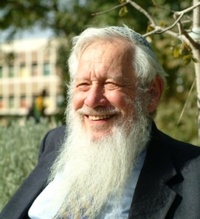Contacting the Mathematics Department
Mathematics Department operations are being performed via a mix of principally in-person and some remote means.
The Math Department's main telephone lines, at (212) 650-5346 and 5347, are being answered Monday through Thursday by in office staff in the Marshak building, MR 529. Hours of operation for all days are from 9am - 5pm.
On Fridays, however, the staff often operates remotely. As a result, calls to the department should then be directed to (347) 961-7667, which will generally be answered 9am-5pm.
Preferably, email your concerns and questions to math@ccny.cuny.edu, which is being monitored regularly.
Contacting Advisors and Program Administrators
For questions concerning registration, e.g. possible overtallies, please email the Math Dept at math@ccny.cuny.edu. In addition to indicating your preferred sections(s) for the course you are looking for, please be sure to include your Empl ID and telephone number (for a quicker back and forth about available sections). Your email will be forwarded to an advisor.
Currently, undergraduate majors and minors are being advised by either:
- Prof. Pat Hooper, who is advises students pursuing the Applied Mathematics BS, or
- Prof. Sean Cleary, who is advising students on the Pure and Education tracks for the Mathematics BA and BS.
For questions about changing to a mathematics Major or Minor please write to one of the people above.
The Administrators page lists administrators and advisors in the department together with some information about how to contact our administrators. This page can also be reached by clicking “Administation” on the menu at left.
Professor Chinta is the Graduate Chair of the Mathematics Master's program. It is best for questions about the graduate program to go to mathgradchair@ccny.cuny.edu.
Contacting instructors
Information about individual instructors is available on our People page.
Website
For issues related to this website please write to mathweb@ccny.cuny.edu.
